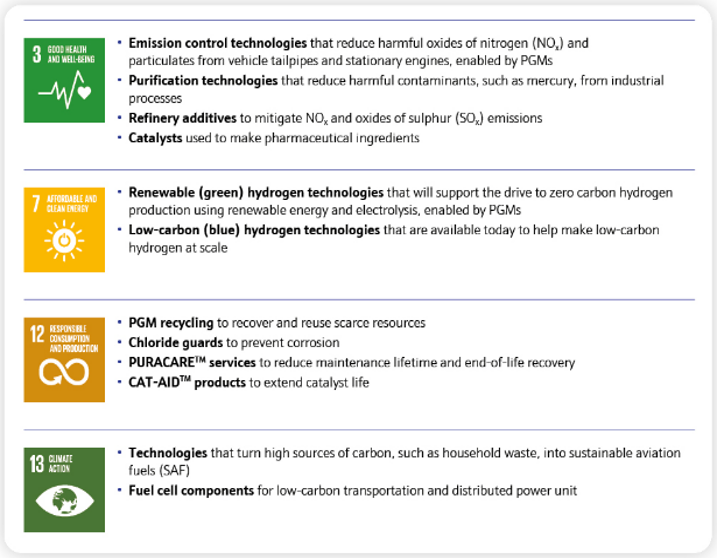UN-Sustainable-Development-Goals
Our products and services are aligned with four of the UN SDGs where we believe we can make the biggest positive contributions.

Read more

Our products and services are aligned with four of the UN SDGs where we believe we can make the biggest positive contributions.

